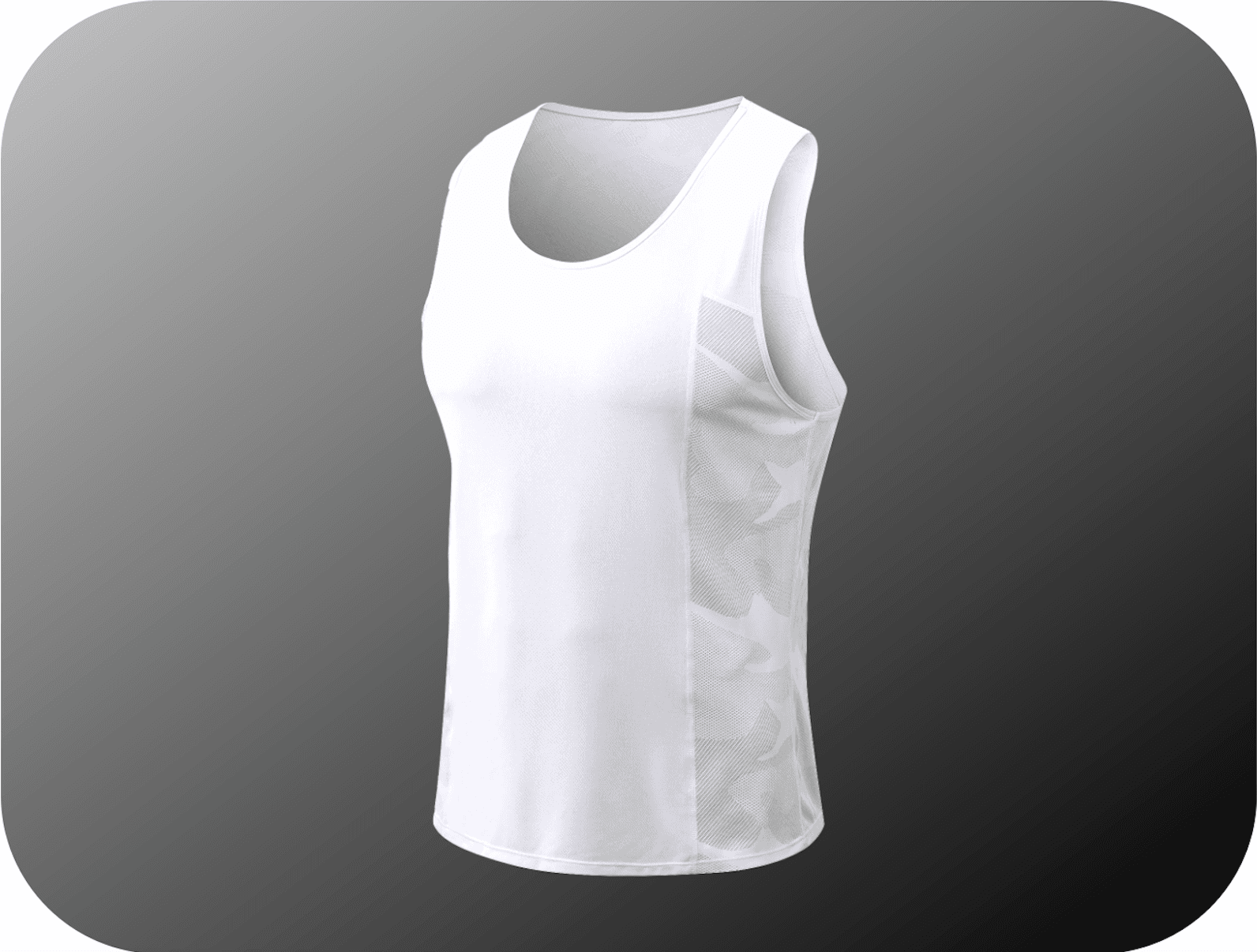Why Curv Labs Exists
October 18, 2024
Curv is building hardware infrastructure for personalised medicine. Personalised and preventative medicine is the holy grail of healthcare.

To make personalised and preventative healthcare decisions, we need real-time patient data. We need sensors to collect the data. We’re building the hardware sensing layer to collect this data. We’re starting with back pain because it’s a global epidemic - it’s the #1 reason people visit their GP and causes $134bn to be spent each year, in the US alone.

Back pain is also something I’ve grappled with my whole life. Here’s a (poorly written) Reddit post explaining my journey.
My lifelong affair with back pain and building my own solution

"I've dealt with back pain since I was 12, and by my teens, it became severe. I tried everything—physio, chiro, osteo, acupuncture—you name it. My parents were supportive in helping me find treatment, but by 18, I felt stuck and gave up. With other chronic issues to manage, I only got the occasional massage for short-term relief.
In 2022, my back pain flared up again right in the middle of my degree. Needing relief, I went back to physiotherapy. It was initially promising, but my overriding memory of this period was fear. I was scared of doing the wrong exercises and injuring myself more and was hyperconscious of my spinal posture and how I hold myself. I lost all semblance of the ‘correct’ posture and I’d stand side-on in the mirror and move my spine in a wave-like motion to feel out which posture ‘feels right’ and freeze there. After 5 months, the physio I was seeing disappeared from their practice, and the replacement wasn’t helpful. Frustrated, I gave up again.
In 2023, while studying for finals, my back pain flared up worse than ever, making it hard to get out of bed. I was recommended an osteopath. I was studying medical engineering, so I was and am naturally skeptical of care that isn’t evidence-based. Despite my skepticism, I tried it, knowing belief could boost results.
In July 2023 I read a paper published in the Lancet that changed everything. It was on Cognitive Functional Therapy (CFT) - a new type of back pain care that mixed Cognitive Behavioural Therapy and physiotherapy, and showed CFT to reduce patients’ pain by 2 times more than physio does, and to have longer-lasting effects. A model of care that addresses both mind and body is interesting. Intuitively, this made sense. My physical and mental health have always been intimately connected, but now the emerging consensus in the medical community backs this up. It’s like all my care before was focussing on the symptom, my pain itself, rather than the root problem. I’ve gotta say, just learning about CFT and realising how important my mindset is for managing pain has already started to help me.

I spoke with the paper's author. He said CFT is a great start but we need more data to understand back pain and it still takes 6 months to train experienced physios to deliver it, meaning CFT won't be widely accessible for too long - I didn’t want to wait.
So, in true engineering fashion, I started to build. I built a wearable to track my spinal movement, and have implemented my very own CFT bot to assess my pain psychology. I then built a system that puts my data together, to build me a 1-week care plan that’s personalised to my thoughts, my body and my life. People started asking me if they could have one, so I’m building a version 2 which is comfy to wear under work clothes. Which evolved into Curv."

We believe real-life patient data can help us understand back pain, and the world’s leading back pain researchers agree with us. The emerging consensus in medical literature shows your physical and mental health are intrinsically linked.

So we’re tracking your back movement and pain psychology and analysing the data to make suggestions for your pain that are tailored to your mind and body.
https://www.flaticon.com/free-animated-icons/trophy